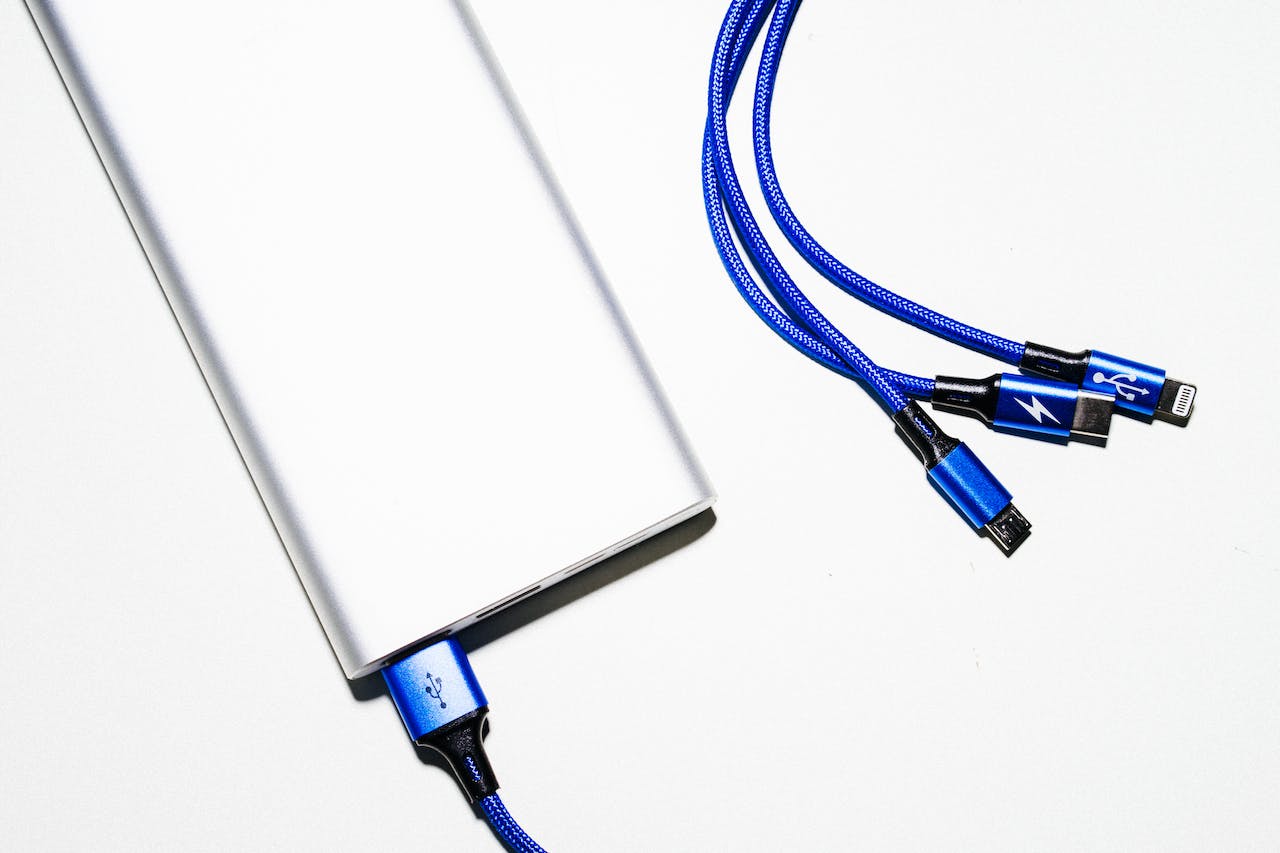More commonly than it should be, in the bustling city of Workington, there lived a vivacious professional named Emily (believe it, she’s real). Her days were a whirlwind of chaos, with tasks piling up like a never-ending to-do list. It seemed like the universe conspired to test her organizational skills, and Emily found herself drowning in a sea of deadlines, forgotten meetings, and misplaced documents. Emily’s desk was the epicenter of disorder, resembling a modern art installation dedicated to entropy. Sticky notes clung to every surface, files played hide-and-seek within mountains of paperwork, and the calendar app on her computer was a forgotten relic. The chaos had become Emily’s constant companion, a shadow that loomed over her professional life.
One day, among the madness, Emily had an epiphany. She stumbled upon a productivity blog where a charismatic person shared tales of triumph over chaos. The stories resonated with Emily, sparking a glimmer of hope that she, too, could conquer the chaos that ruled her work life. Thus began her journey from a passive chaos victim to an empowered agent of change. Armed with newfound determination, Emily decided to tackle her work in bite-sized, tomato-shaped chunks. Enter a Focus 101 platform, a time management marvel that transformed her chaotic work hours into focused, concentrated sprints. Setting a timer for 25 minutes, Emily dove into tasks with laser-like precision, taking short breaks to recharge. The chaos began to wane as Emily embraced this scientifically proven method.
Mindset Shift: once accustomed to the chaos-induced stress, Emily’s brain responded positively to the structured intervals. This platform helped her regain control by fostering a sense of accomplishment and minimizing the overwhelming nature of her workload.
As Emily continued her quest for control, she stumbled upon the ancient art of delegation. It wasn’t about shirking responsibilities but about strategically assigning tasks to the right teammates. Emily realized that by sharing the load, she could achieve more without succumbing to chaos. It was a paradigm shift from attempting to do it all to empowering others and herself.
Mindset Shift: Delegation became Emily’s leadership symbol, signaling a shift from chaotic micromanagement to strategic empowerment. Her brain, free from the burden of multitasking, embraced the clarity that came with focused decision-making.
Once a victim of the relentless ticking of the procrastination clock, Emily learned the art of strategic procrastination by postponing non-urgent tasks and focusing on immediate priorities; she harnessed the power of the Zeigarnik Effect. The chaos of procrastination transformed into a calculated strategy, and Emily found herself more in control than ever before.
Mindset Shift: Emily’s brain, wired to obsess over unfinished tasks, embraced the strategic delay as a tool for improved focus. Procrastination became a systematic approach to productivity, creating a sense of urgency without succumbing to chaos.
In her quest for control, Emily decided to declutter her physical and digital space. She banished unnecessary items, creating a minimalist sanctuary for work. The chaotic distractions faded away, leaving behind a serene environment that fostered clarity and focus. Emily found that a minimalist approach extended beyond her workspace, infiltrating her mindset and task approach.
Mindset Shift: A clutter-free environment signaled to Emily’s brain that it was time to shift into work mode. The visual simplicity created a mental sanctuary, allowing her to process information more efficiently and reducing cognitive overload.
As Emily continued her journey, she stumbled upon the power of laughter. Incorporating humor into her workday became the secret sauce to break up the monotony of tasks. A good laugh, whether induced by a funny meme or a witty colleague, became the refreshing interlude that prevented her from drowning in the chaos.
Mindset Shift: Laughter, with its release of endorphins, became Emily’s weapon against stress. The joy-induced brain chemistry transformed her perspective, turning chaos into an opportunity for lighthearted moments and improved overall well-being. And so, dear Focus Masters, Emily emerged from the chaos triumphant, her once-disordered professional life transformed into a symphony of control. The scientifically proven changes in her habits and mindset propelled her toward a level of productivity she had never thought possible. The chaos became not a force to be feared but a challenge to be conquered. Emily’s journey (We changed the names of actual users for this) serves as a testament to the transformative power of mindset and scientifically backed productivity strategies. So, gather your wits, embrace the journey from chaos to control, and orchestrate your own symphony of productivity mastery. The tale is yours to write.


